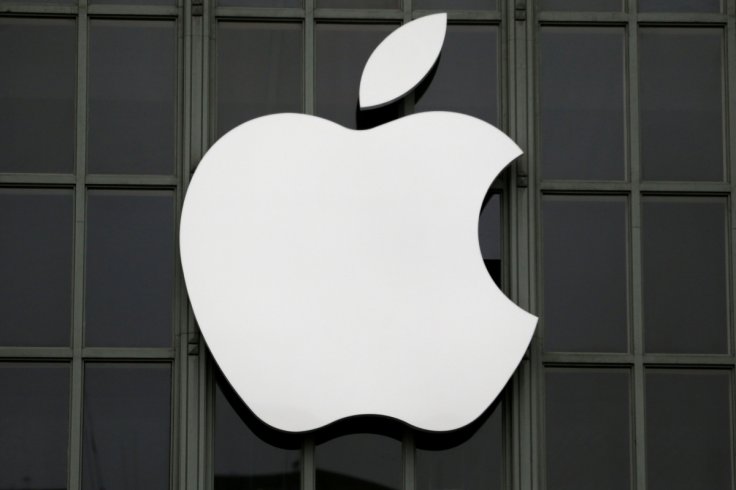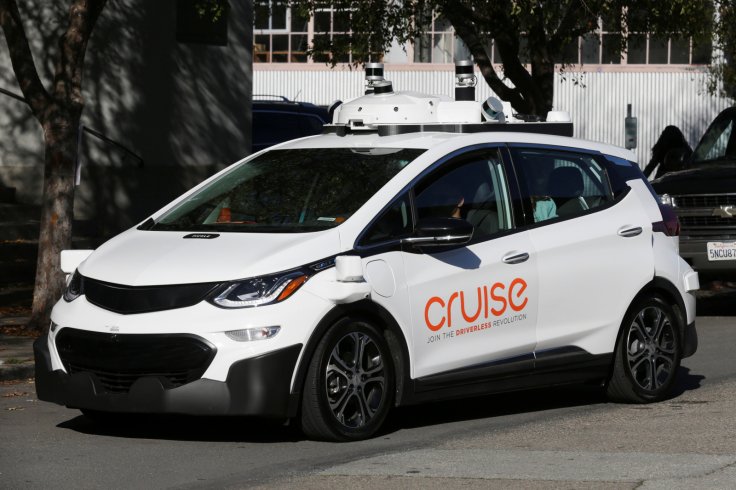Apple Inc planning to produce an autonomous passenger vehicle by 2024, according to the latest reports. The move will lead to intense competition in the self driving car market. Reuters reported that Apple will use its breakthrough battery technology in the self driving car.
The iPhone maker started work on the autonomous car project, known as Project Titan, in 2014. The Project, which was shelved temporarily, was brought back to life again in 2018.
Central to Apple's strategy is a new battery design that could "radically" reduce the cost of batteries and increase the vehicle's range, the report said, citing people who have seen the design of Apple's battery.
More From Reuters:

Since then, Apple has progressed enough that it now aims to build a vehicle for consumers, two people familiar with the effort said, asking not to be named because Apple's plans are not public. Apple's goal of building a personal vehicle for the mass market contrasts with rivals such as Alphabet Inc's Waymo, which has built robo-taxis to carry passengers for a driverless ride-hailing service.
Making a vehicle represents a supply chain challenge even for Apple, a company with deep pockets that makes hundreds of millions of electronics products each year with parts from around the world, but has never made a car. It took Elon Musk's Tesla 17 years before it finally turned a sustained profit making cars.
"If there is one company on the planet that has the resources to do that, it's probably Apple. But at the same time, it's not a cellphone," said a person who worked on Project Titan.
Who Would Assemble an Apple-branded car?
It remains unclear who would assemble an Apple-branded car, but sources have said they expect the company to rely on a manufacturing partner to build vehicles. And there is still a chance Apple will decide to reduce the scope of its efforts to an autonomous driving system that would be integrated with a car made by a traditional automaker, rather than the iPhone maker selling an Apple-branded car, one of the people added.

Two people with knowledge of Apple's plans warned pandemic-related delays could push the start of production into 2025 or beyond.
Shares of Tesla ended 6.5% lower on Monday after their debut in the S&P 500 on Monday. Apple shares ended 1.24% higher after the news.
Apple has decided to tap outside partners for elements of the system, including lidar sensors, which help self-driving cars get a three-dimensional view of the road, two people familiar with the company's plans said.
Apple's car might feature multiple lidar sensors for scanning different distances, another person said. Some sensors could be derived from Apple's internally developed lidar units, that person said. Apple's iPhone 12 Pro and iPad Pro models released this year both feature lidar sensors.
Reuters had previously reported that Apple had held talks with potential lidar suppliers, but it was also examining building its own sensor.
Unique "Monocell" Design
As for the car's battery, Apple plans to use a unique "monocell" design that bulks up the individual cells in the battery and frees up space inside the battery pack by eliminating pouches and modules that hold battery materials, one of the people said.
Apple's design means that more active material can be packed inside the battery, giving the car a potentially longer range. Apple is also examining a chemistry for the battery called LFP, or lithium iron phosphate, the person said, which is inherently less likely to overheat and is thus safer than other types of lithium-ion batteries.
"It's next level," the person said of Apple's battery technology. "Like the first time you saw the iPhone."
Apple had previously engaged Magna International Inc in talks about manufacturing a car, but the talks petered out as Apple's plans became unclear, a person familiar with those previous efforts said. Magna did not immediately respond to a request for comment.
To turn a profit, automotive contract manufacturers often ask for volumes that could pose a challenge even to Apple, which would be a newcomer to the automotive market.
"In order to have a viable assembly plant, you need 100,000 vehicles annually, with more volume to come," the person said.
Some Apple investors reacted to the Reuters report on the company's plans with caution. Trip Miller, managing partner at Apple investor Gullane Capital Partners, said it could be tough for Apple to produce large volumes of cars out of the gate.
"It would seem to me that if Apple develops some advanced operating system or battery technology, it would be best utilized in a partnership with an existing manufacturer under license," Miller said. "As we see with Tesla and the legacy auto companies, having a very complex manufacturing network around the globe doesn't happen overnight."
Hal Eddins, chief economist at Apple shareholder Capital Investment Counsel, said Apple has a history of higher margins than most automakers.
"My initial reaction as a shareholder is, huh?" Eddins said. "Still don't really see the appeal of the car business, but Apple may be eyeing another angle than what I'm seeing."








